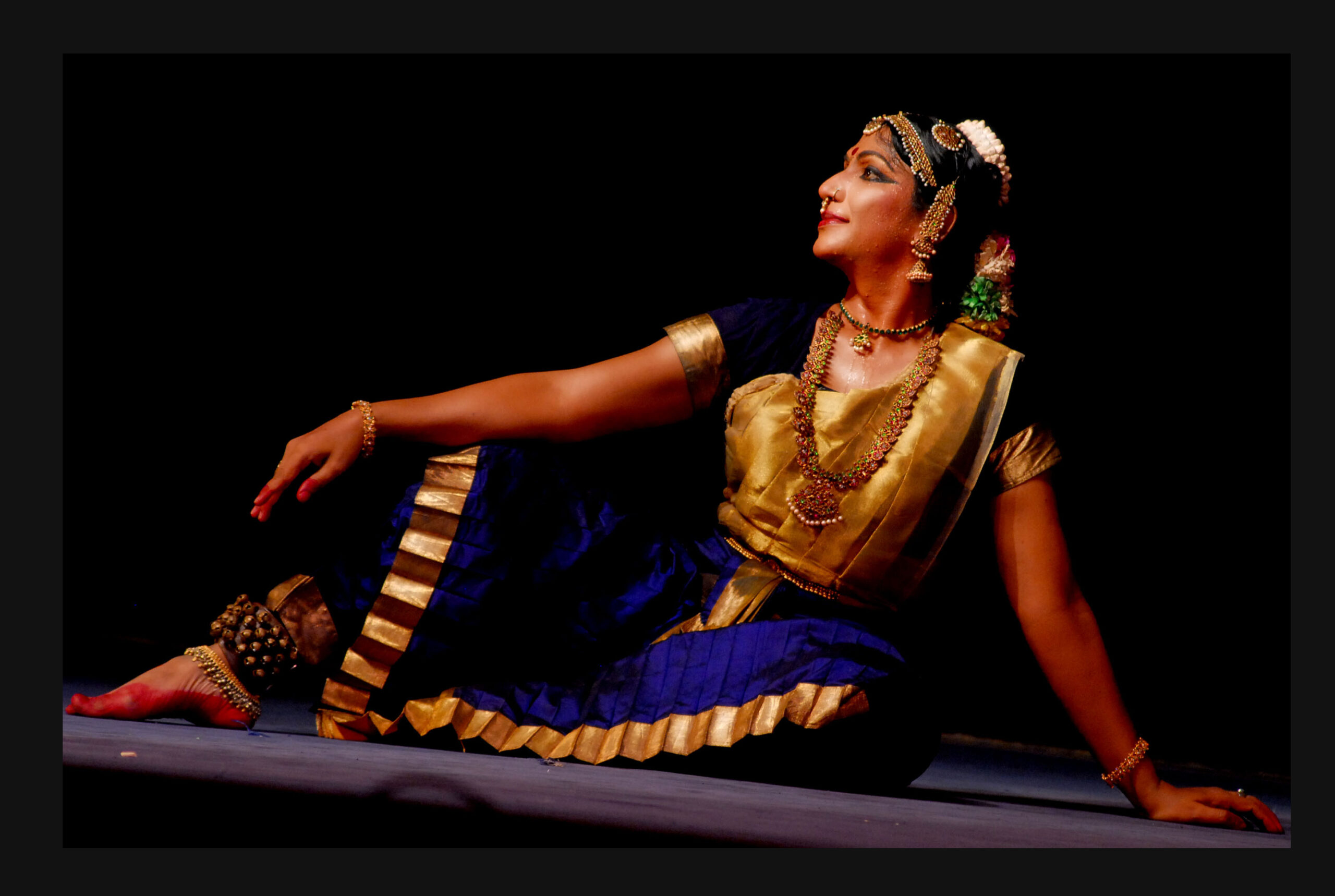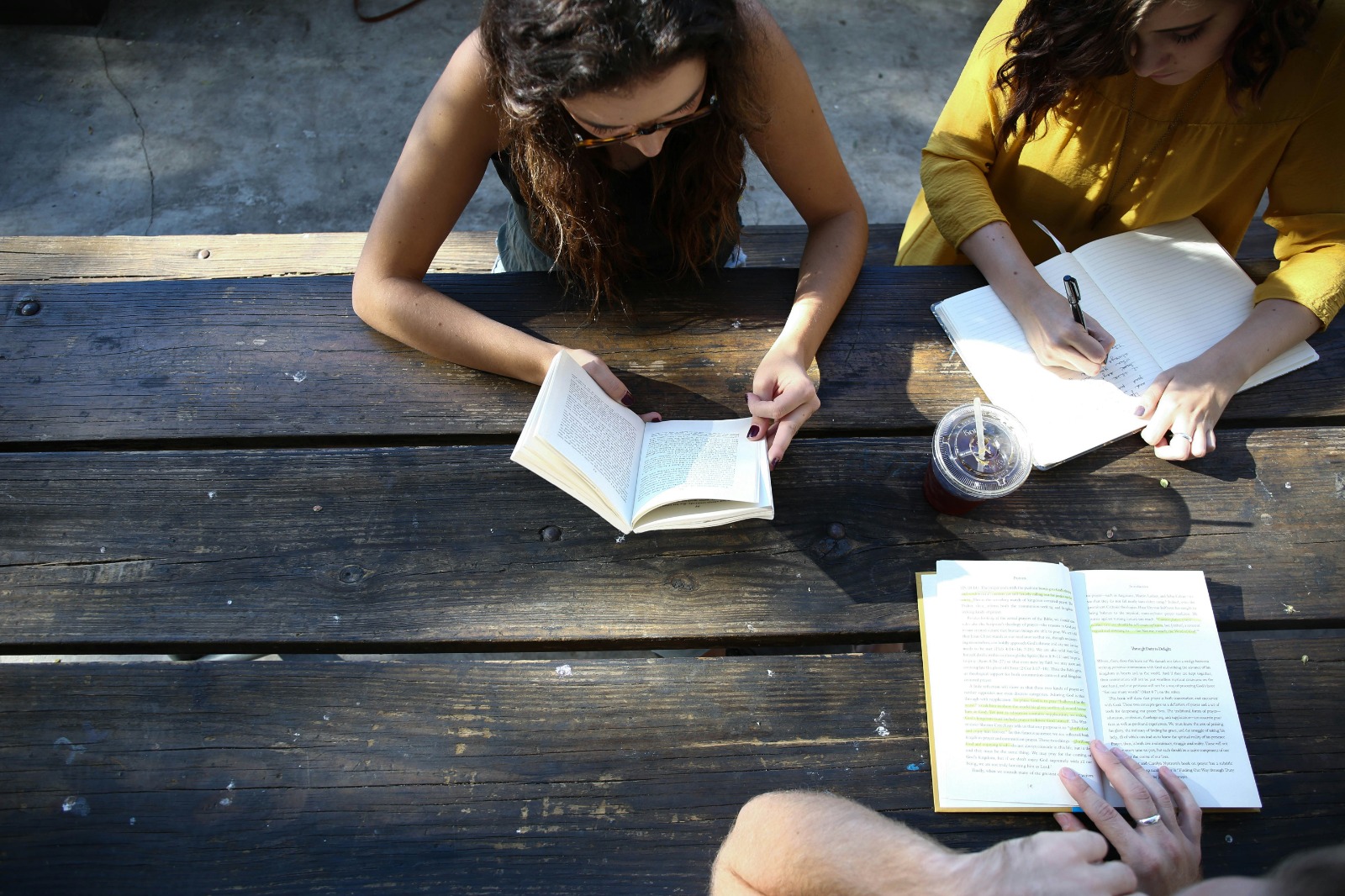In the digital realm where self-expression knows no bounds, the LGBTQ+ community has found solace in social media platforms like Instagram. However, this sanctuary has become a hunting ground for hate and harassment, amplified by the deafening silence of tech giants like Meta. As queer influencers bravely share their authentic selves, they are met with a barrage of vitriol and dehumanising slurs, often in regional languages that slip through the cracks of Meta’s content moderation policies.
The tragic case of Pranshu Yadav, a 16-year-old queer Instagram influencer from Ujjain, India, has ignited a firestorm of outrage against Meta’s complicity in enabling online abuse. Yadav’s vibrant Instagram feed, where he showcased his talent as a makeup artist and shared his journey of self-expression, became a battleground for homophobic trolls. Vile comments flooded his posts, with slurs like “hijra” (a derogatory term for transgender individuals) and “chakka” (a pejorative for effeminate men) hurled at him with impunity.
“The worst part is that even though he has passed, people are still commenting on his orientation and are not shutting up,” laments Sushant Divgikr, a prominent LGBTQ+ activist. “I don’t know what this whole influence is because my generation, of course, was bad when it came to acceptance towards the LGBTQ+ community because they didn’t have awareness. But they were never this bad.”
Pranshu’s case is a harrowing testament to the pervasive and unchecked cyberbullying that plagues the LGBTQ+ community on Instagram. Even after his tragic death by suicide, his account remained a breeding ground for homophobic trolls, until his family made the painful decision to make it private. This heartbreaking reality underscores the urgency for tech giants to address the rampant hate speech and abuse that runs rampant on its platforms.
The hypocrisy of Meta’s claims of promoting online safety and inclusivity is laid bare by the experiences of countless queer content creators. “Their policies are screwed up, and in general, even if I try to report a comment, they don’t tend to remove those comments either,” shares Kirti who identifies as queer and is a tattoo content creator. “Comments in English are moderated, but comments in Hindi, especially slurs, are not.”
Sanat Chadda who identifies as trans, echoes the sentiments of many who have faced the brutal onslaught of hate speech in regional languages. She had her account taken down by Meta after she called out a queerphobic person by showing their comments on their stories and reel. “I want Hindi comments or comments with Hindi slurs to be moderated,” she says. “When a queer content creator just posts a shirtless picture, that is very harmful to society, but somebody killing a person is not harmful enough. It is just hypocrisy. They are not taking down harassment comments or posts that should not be on social media.”
The failure of Meta’s policies to adequately address regional language slurs and hate speech is a glaring oversight that perpetuates the marginalisation of the LGBTQ+ community. As Yuvraj Acharya, a queer influencer, poignantly states, “They are telling me to kill myself, but those comments are not blocked. The comments I am trying to reply to them, are blocked. That speaks of the intention of Instagram.”
“They are not taking down the harassment comments, they are not taking down the posts that should not be on social media,’’ Mehr, a trans influencer said.
Activists and mental health professionals alike decry the devastating impact of such online abuse on the well-being and safety of LGBTQ+ individuals, particularly youth. “Younger individuals are in a critical stage of identity formation,” warns Sahil Chaudhary, head of LGBTQIA+ programs at Naz Foundation, Delhi. “They are more vulnerable to the negative effects of cyberbullying, and prolonged online harassment can contribute to mental health struggles and increase the risk of suicidal thoughts.”
Even Naz’s Delhi LGBTQ+ Centre’s official Instagram handle was taken down in January this year due to myriad reasons which caused a lot of pent-up emotions in the community. Sahil continues, “In the Queerkhana meetings we host at the centre a lot of young queer folks say that online hatred is so cataclysmic for them, almost like vitriol to their inner despair. It’s not just influencers but almost every public queer account. Even ours was not left from the axe.”
A queer tech expert who works at Meta and is a part of their DEI team says that their policies are not enough to safeguard anyone from bullying which is on the rise. “When I saw the LGBTQ+ Centre’s account gone, I remember I had this dropping feeling in my gut. I had friends reach out to me with a lot of confusion and anger and the same was with the centre’s folks. It showed how if you take away whatever little support system or inspiration that the community gets from these accounts, you are left with no hope, which is what big data may it be Meta or X are doing.”
The harrowing experiences shared by queer influencers and activists paint a grim picture of the challenges they face in navigating the online world. From body-shaming and derogatory remarks about their appearance to threats of violence and corrective rape, the onslaught of abuse is relentless and soul-crushing. “I think we have all seen this in the Pranshu case. I think it’s so wild because even after his death [by suicide], people are still going on with the hate, still commenting that acha hua wo hijra tha mar gaya,” Yuvraj shared with a lot of emphasis. “People told me that ‘mil jayega toh rape kar denge‘ (if we find you, we’ll rape you), and I was just 16, so I was afraid.”
Kirti added, “Sometimes the parents themselves are not supportive, and they try to find a safe space online.” The community and a lot of younger generations find solace in their online identities and resonating with what was shared by everyone, it is true that the online queer space is larger and helps a lot of movement in, out and throughout the community.
“I have especially been a plus-size person and a queer person, it takes a lot to be yourself authentically online,” confides Himika, who identifies as queer, not an influencer but an active Instagram user. “It’s mostly about my body, like ‘who left this fat person like this confident to be rocking these fits?’ No matter how much positive you remain, even the slightest remark puts you in a dark place and brings out all insecurity.”
Amidst this sea of hate, some influencers have found solace in humour and resilience. As Yuvraj advises, “They cannot touch you. They can sit and bark, but they cannot come and bite you. A place like Pride, a place like your friends, and anyone who’s accepting you – go to them.” Sanat resonates with this and adds, “Try to think about where their insecurity lies, why they comment something like this. I know it’s hard, and I have dealt with that and have my fair share, of thinking why is this person commenting on this? But sometimes, the best way to look at this is with humour.”
“It doesn’t have to be a group of people, just have some people, even one person, who will tell you that the whole world is not like that.” reminds Nikhil, another queer content creator on Instagram, “Remember for every 100 people who hate you, there are 10000s of people who are inspired by you.”
It is a sobering reality that even in the face of such resilience, the relentless onslaught of online abuse can take a devastating toll, as evidenced by the heart-wrenching cases of Pranshu Yadav, who took his life in 2023 after enduring severe cyberbullying, and Arvey Malhotra, the son of educator Aarti Malhotra, who took his own life in 2022 after enduring severe bullying. Malhotra, who now runs the Arvey Aesthetics Foundation in her son’s memory, offers a poignant reflection: “I miss Arvey’s care and love so much. I want to talk about this as much as possible so no one else has to experience what I went through.”
“If we are only going to fight when people on social media receive trolling, then I am sorry, we are creating the deaths we are mourning,” Mehr warns. “If you want queer people to survive online bullying, they need to have a community to go to that gives them care and comfort when they are afraid.”
In the words of Himaki, “Outrage will bring liberation, so don’t stop slaying and being yourself.”



